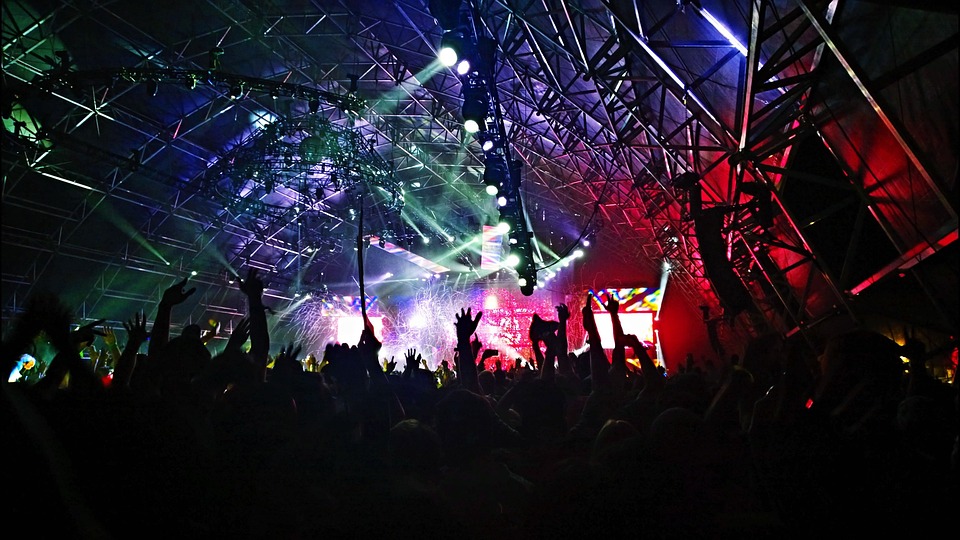Unveiling the Power of Dance Music: How Beats Can Shape Emotions
Introduction:
Music has always been a universal language that bridges cultures, breaks barriers, and evokes emotions like no other form of art. The power of music to shape our emotions and transport us to different realms is well recognized. Among the numerous genres, dance music holds a unique position in its ability to stimulate and energize, often understood as functional music that drives people to move. This article delves into the intricacies of dance music and explores how beats have the unrivaled strength to shape our emotions.
Understanding Dance Music:
Dance music, also known as electronic dance music (EDM), is a genre that emerged in the late 1970s and has since become a global phenomenon, dominating clubs, festivals, and mainstream charts around the world. It encompasses a wide range of sub-genres such as house, techno, trance, drum and bass, dubstep, and many more. One of dance music’s defining characteristics is its repetitive and persistent beats that form the backbone of its rhythmic structure.
The Psychology of Beats:
The power of beats lies in their ability to synchronize with our internal bodily rhythms, making them incredibly influential in shaping our emotions. Music, including dance music, has been found to affect brain areas associated with emotions, memory, and reward. The rhythm of the beats can directly impact our physiological responses, leading to a cascade of emotional experiences.
Building Energy and Excitement:
Dance music’s driving beats, often hovering around 120 to 130 beats per minute, create a sense of urgency and exhilaration. The repetitive nature of the beats combined with intricate patterns stimulates our nervous system, raising our heart rate and activating the release of adrenaline. This build-up of energy makes us feel more alert, focused, and ready to engage with the music and surrounding environment.
Elevating Mood and Eliciting Happiness:
Music, including dance music, has a profound impact on our emotional state. Research has shown that certain beats and rhythms can directly influence our mood and elicit positive emotions. Upbeat dance tracks, characterized by syncopated rhythms, uplifting melodies, and infectious hooks, have the power to induce feelings of joy, happiness, and euphoria. The release of dopamine, a neurotransmitter associated with pleasure and reward, is triggered, creating an overall sense of wellbeing and contentment.
Creating Emotional Connection and Nostalgia:
Beyond the immediate emotional impact, dance music has the unique ability to spark deep emotional connections and evoke nostalgic feelings. Shared experiences on dancefloors and at music festivals can forge bonds and create memories that last a lifetime. The fusion of beats, melodies, and lyrics can resonate with personal experiences, often triggering intense emotional responses. Furthermore, revisiting dance tracks that have accompanied important life moments can transport individuals back to those times, evoking a potent mix of emotions.
Changing Emotional Atmosphere:
Just as dance music can elicit excitement and happiness, it possesses an equally powerful ability to bring forth different emotional atmospheres. Diverse beats, synthesizers, and melodies can be combined to create a soundscape that alters our emotional state dramatically. Ambient, chill-out, and downtempo dance tracks with slower beats, ethereal synths, and soothing melodies can induce relaxation, tranquility, and a sense of serenity. In contrast, more aggressive sub-genres like drum and bass or dubstep, characterized by complex rhythms, heavy basslines, and fast-paced beats, can evoke intense emotions such as anger, aggression, or a sense of rebellion.
Conclusion:
Dance music, with its pulsating beats and electrifying rhythms, possesses a transformative power that can mold our emotions, create connections, and dictate the atmosphere of a space. From eliciting happiness to sparking nostalgia or altering our mood, dance music has the ability to resonate deeply within us. By understanding the psychology of beats and their impact on our emotional state, we can fully appreciate the profound influence dance music holds. So, next time you find yourself on a dancefloor, let the music guide you, and allow the relentless beats to shape your emotions, as they unravel the boundless power of dance music.

